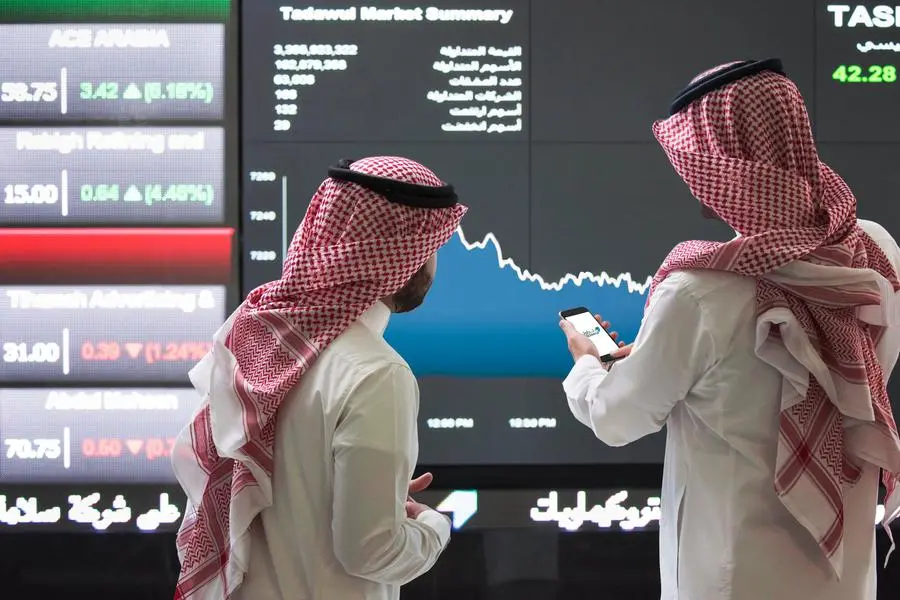PHOTO
- Oil prices rise on tightening supplies
- Asian shares follow U.S. stocks lower
- Middle East stocks retreat, Abu Dhabi’s index leads losses
- Dollar, gold steady
Oil prices
Oil prices rose in early trading on Thursday on tightening supplies.
The Organization of Petroleum Exporting Countries (OPEC) issued a list of oil production cuts by its members and other major producers for six months starting January 1, to boost confidence in its oil supply reduction pact.
OPEC said on in February that it had reduced its output by almost 800,000 bpd in January to 30.81 million bpd.
Oil prices have also been boosted by lower supply from Venezuela, as the U.S. introduced petroleum export sanctions against state-owned Venezuelan energy firm PDVSA.
U.S. West Texas Intermediate (WTI) crude oil futures were at $56.45 per barrel at 0234 GMT, up 23 cents, or 0.4 percent, from their last settlement.
Brent crude futures were at $66.36 per barrel, up 37 cents, or 0.6 percent.
“In our view, OPEC’s strategy is to rebalance the market as quickly as possible and exit the cuts by the end of June in order to grow production alongside shale producers in the second half of this year,” U.S. investment bank Goldman Sachs said in a note on Wednesday.
Global markets
Asian shares retreated on Wednesday tracking a drop on Wall Street.
Overnight, Wall Street’s main indexes fell for a third session, with the S&P 500 posting its biggest one-day decline in a month, as investors sought reasons to buy after the market’s strong rally to start the year.
MSCI’s broadest index of Asia-Pacific shares outside Japan edged 0.2 percent lower on Thursday.
“For some time, markets had been pricing in good news, namely that the talks between the U.S. and China will likely go well,” Tatsushi Maeno, senior strategist at Okasan Asset Management, told Reuters. “Now markets are having a pause.”
Middle East markets
Abu Dhabi’s index fell 2.2 percent on Wednesday, its biggest intraday loss since June 2018, with largest lender First Abu Dhabi Bank dropping 5.2 percent after going ex-dividend.
Dubai’s index edged 0.4 percent lower as Emirates NBD’s shares dropped 1.1 percent and Damac Properties fell by 2.1 percent.
The Qatar index lost 1.3 percent to its lowest since October 2018, with 14 of its 20 stocks declining, as Industries Qatar dropped 5.7 percent.
Egypt's blue-chip index EGX30 fell 0.6 percent, with Egypt Kuwait Holding sliding by 4.3 percent.
Kuwait’s premier market index rose 0.4 percent, Bahrain’s index dropped 0.3 percent while Oman’s index dropped 0.3 percent.
Currencies
The dollar index, which measures the greenback against a basket of six major currencies, was mainly unchanged on Thursday.
Precious metals
Gold prices steadied on Thursday.
Spot gold was up 0.1 percent at $1,287.24 per ounce as of 0132 GMT.
U.S. gold futures were flat at $1,288.10 an ounce.
(Reporting by Gerard Aoun; Editing by Mily Chakrabarty)
Our Standards: The Thomson Reuters Trust Principles
Disclaimer: This article is provided for informational purposes only. The content does not provide tax, legal or investment advice or opinion regarding the suitability, value or profitability of any particular security, portfolio or investment strategy. Read our full disclaimer policy here.
© ZAWYA 2019





















